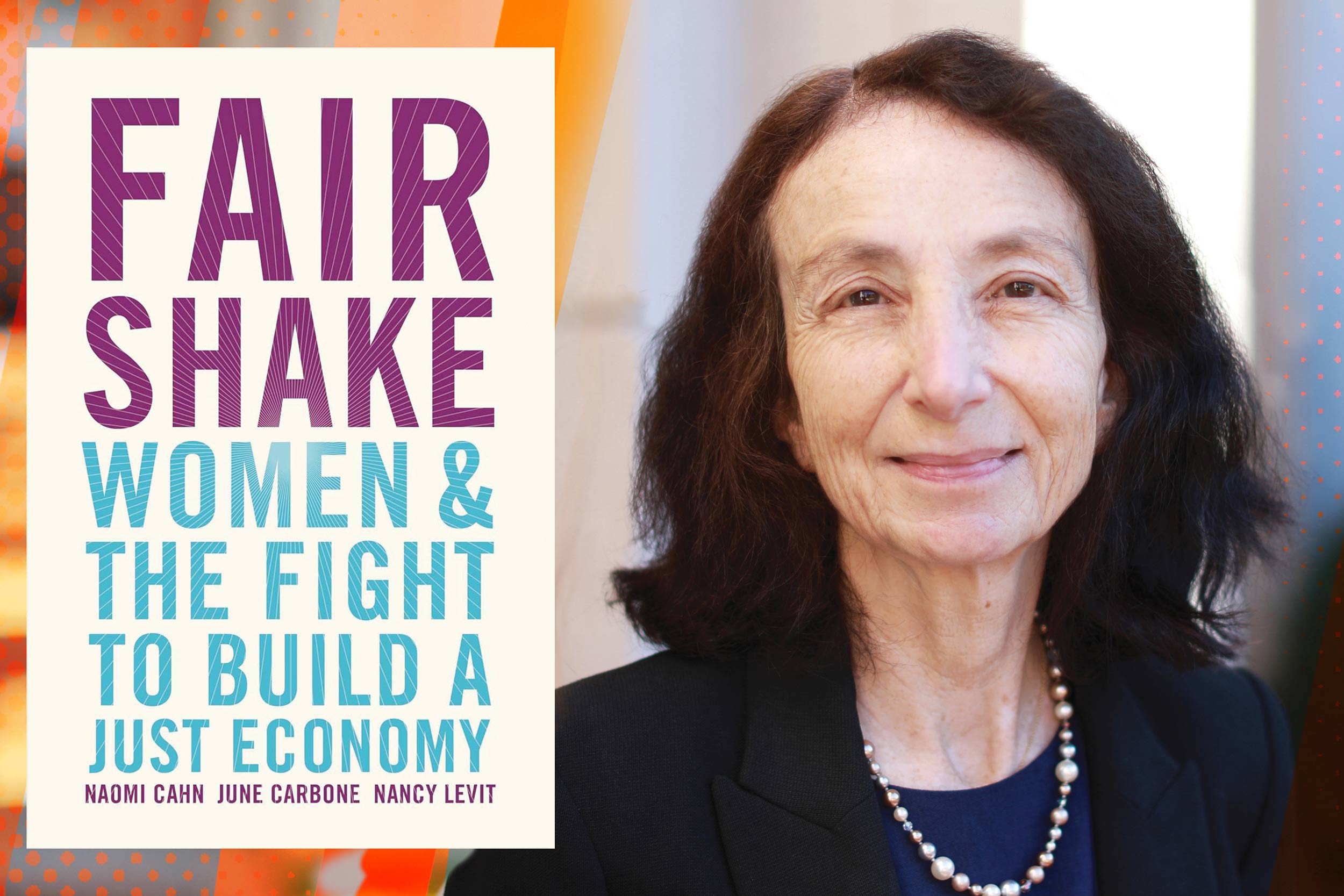The authors point to a lawsuit by Ellen Pao, a former Silicon Valley venture capitalist, who claimed she received mixed messages and criticism for “pushing too hard to establish herself instead of being collaborative” and not being “a team player.”
After Pao filed suit, a 2015 survey of senior-level female Silicon Valley investors and executives found that 84% of those surveyed said they had been told they were “too aggressive” and 64% had been excluded from important events because of their gender.
In 1999, at the height of the tech boom, women constituted 10% of venture capital partners; by 2014, that number had fallen to 6%, the authors write.
“Both the percentage of female and diverse VCs, and the funding of diverse startups, have grown since Pao’s trial,” they write. “At under 20%, however, the number of women VC partners remains anemic compared to other industries.”
The authors examine data from sectors other than tech. Among personal financial advisers, for example, women earn 58.4 cents on the dollar compared to men, according to the book. Other surveys cited find similar gaps among insurance agents, security roles, sales agents, financial managers and clerks. Despite an increasing number of female MBA graduates into the 2000s, their numbers on Wall Street dropped after 2000, and didn't begin to recover until after 2014.
Full-time female hourly employees at Walmart earned $1,150 less per year than their male counterparts on average, according to the book. Even when they moved up the ranks, female store managers earned an average of $16,400 less than men and only one-third of the managers were women, compared to two-thirds of the hourly workers.
Elon Musk, with his $56 billion Tesla compensation package (since struck down by a Delaware court), is treated as Exhibit A for slash-and-burn leadership that reserves the spoils for those at the very top and looks to promote those who buy into the same vision and ethos.
This isn’t a self-help book telling women how to navigate a broken system, Cahn emphasized.
“‘Fair Shake’ is not a fix-the-woman/lean-in kind of book,” Cahn said. “It doesn’t say, ‘OK, women, act the same way as men and you will succeed.’ If women do play on the same terms as men, they are accused of having sharp elbows.”
Instead, it calls for a “new ethos” in corporations that focuses on transparency and cooperation.
“Our goal is to change corporate culture, and by changing corporate culture, we also want to change cultures outside of companies, including what happens in the education system,” Cahn said. “What we’re hoping for is a revaluation of what has come to be known as ‘feminine values’ – that is, values of community and cooperation – but in the 1950s, those were the values of [good] organizations.”
The authors offer a roadmap for change through collective action and a systemic overhaul. They advocate for building an economy that benefits everyone, not just a privileged few.
“Fair Shake” was published May 7 by Simon & Schuster.











